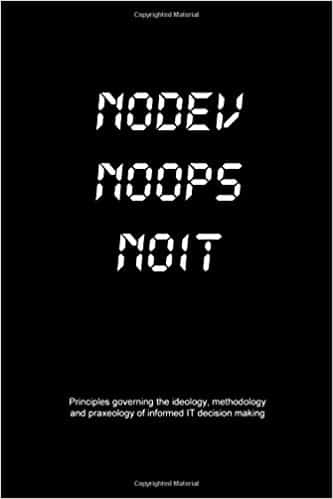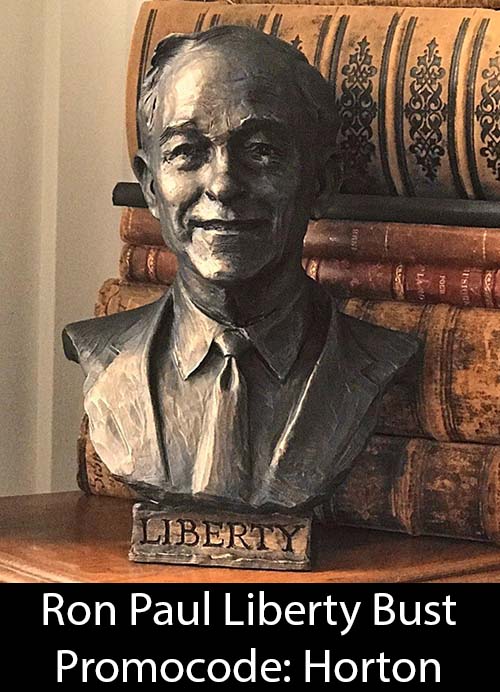[NB: I wrote this piece for the Libertarian Perspective over a week ago. It hasn’t gone online yet, so I’m posting it here.]
The Formula for a Police State
by Anthony Gregory
On the night of March 15 in an Oceanside, California, parking lot, after a dispute over one car cutting off another, Frank White, an off-duty San Diego police officer, shot five bullets into Rachel Silva’s car, hitting her in the arm twice, shattering a bone, and striking her eight-year-old son in the leg. She was unarmed. She has trouble moving her arm and might have permanent nerve damage.
Oceanside Police Captain Tom Aguigui promises that the department is pursuing ‘a very fair and complete investigation’ to determine ‘why this whole thing happened,’ but many details are being concealed from the public.
What does seem apparent, however, is something of a double standard. First, after Silva was hospitalized, the authorities decided to drug test her. Officer White, the one who did the shooting, was not tested. San Diego Homicide Lieutenant Kevin Rooney explained that police, whether on- or off-duty, are not drug tested after involvement in a shooting, barring some sign of intoxication. It is yet unclear what Silva’s alleged signs of intoxication were or why shooting someone after a traffic dispute isn’t probable cause for testing the way that, say, reckless driving is.
Nor was Officer White arrested. The Oceanside police did question him—while he was accompanied by a supervisor from his department, an attorney, and a police ‘peer support’ representative. He is currently on paid leave.
Silva and her attorney have filed a claim for damages, in which she says she and White were yelling at each other when White pulled up on the right side of her car and began shooting as she tried to drive away. This account might help explain the bullet holes in Silva’s windshield and passenger side window, as well as why White’s driver’s side window was broken.
Silva has two DUIs on her record and was driving on a suspended license, leading some to question her credibility, and yet it is hard to imagine things going the same way if White were not a police officer. If police arriving at the scene found an unarmed woman blacking out from massive blood loss, her young son bleeding, her car shot up, and an angry motorist having clearly done the shooting, would they have decided to drug test the shot woman and not the shooter? Considering the injured child, would they have let the shooter go so easily and kept such strict control over the investigation? Would they have characterized their probe as an attempt to discover why he did it—not just to find motive for what appears to be an open-shut case of criminal road rage, but seemingly to find an exculpatory explanation?
What if the tables were turned: if White had been an ordinary citizen and Silva a police officer—even an armed one? Does anyone truly believe the investigation would be undertaken in an identical manner?
Indeed, the very fact that this investigation is being approached secretively and as a special case shows there is something fundamentally flawed about the way police are viewed in our culture and by the police department itself. It should make no difference who did the shooting and who was shot. All that should matter are the facts of the case and whether the shooting was an act of aggression or self-defense. In a free, just society, police are not held to a different standard—unless, perhaps, a higher standard; after all, they are the ones paid by taxpayers to uphold the law.
Having a double standard that favors police is the formula for a police state. Whether in investigations, arrests, trials, or punishment, police should never get away with anything for which a member of the public would face severe consequences. A police state is at our doorstep when the public fears the government and law enforcers enjoy impunity for negligent or malicious behavior. Freedom and justice are empty promises without equality under the law, including for the lawmen.
Frank White should be regarded innocent until proven guilty. But does anyone think he’d be treated the same way if he were not an officer of the law? Or that if found guilty he’ll get the same punishment that Silva would have if she had shot him and his son? To ask the question is to answer it, which is a sad testament to the current state of the rule of law.
[I will be keeping up on this a bit. Not much in the last week has come out to add much clarity to the situation, though apparently Silva has a new attorney and there is some evidence she was in retreat when White shot her.
Also, a new claim on the boy’s behalf accuses White of pointing the gun directly at him.]















